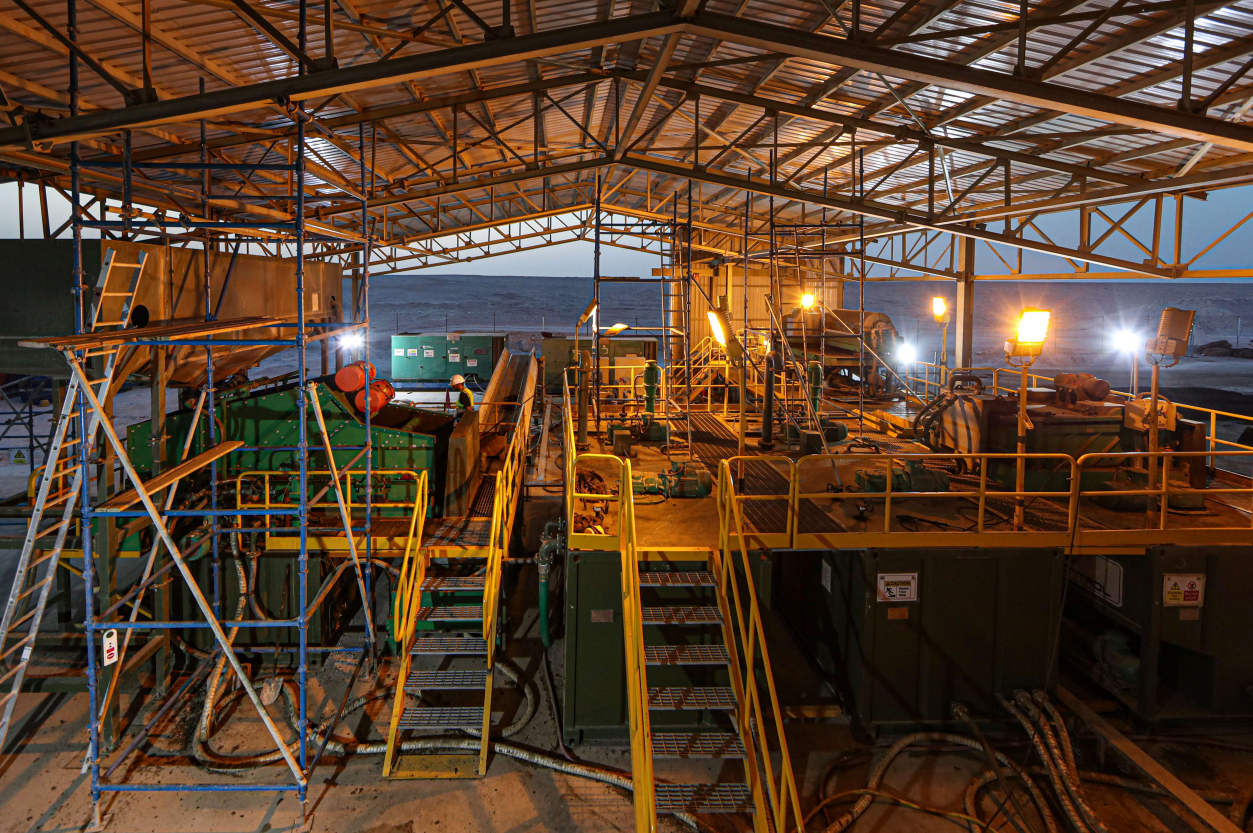
Oily sludge treatment is a critical component of managing industrial waste generated in processes such as oil refining. This sludge typically contains a mixture of oil, water, and solid particles. Treatment methods involve separating and recovering the oil component, often through processes like centrifugation or thermal treatments. Subsequently, the remaining sludge is treated to meet environmental standards, involving techniques like biological degradation or chemical stabilization to reduce the hazardous nature of the residual material. Proper management of oily sludge is essential not only for environmental protection but also for the sustainable handling of industrial byproducts, minimizing the impact on ecosystems and ensuring compliance with regulatory standards.
